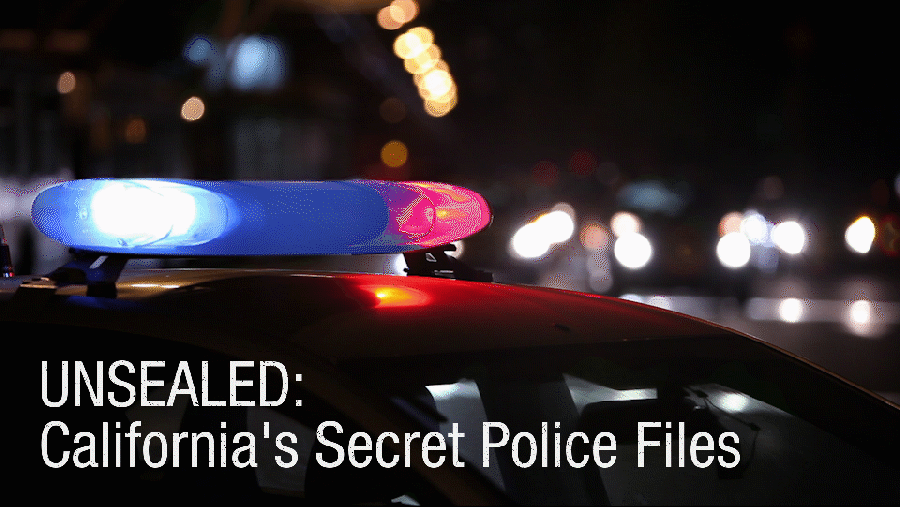Investigators found that Castillo told drug dealers that police were watching them. When confronted over wrongdoing, Castillo wasn’t credible in his answers, the investigator wrote. In one instance, the detective claimed he thought someone who came to a barbecue at his house wasn’t a gang member or drug dealer “despite the fact that (the person) was covered in gang tattoos, including a gang moniker.”
Castillo told investigators that he sometimes told criminals things “to scare them,” but denied providing sensitive information to them.
Investigators also found that Castillo put in for overtime he didn’t work, and he sometimes called in sick without putting in for sick time.
He was also found to have stolen a power drill from the department’s evidence room.
The Police Department also released some records on fatal police shootings and use of force incidents, but did not include the documents showing the outcome of the internal investigations.
For example, Antioch released partial records on four fatal police shootings between 2011 and last year, when a detective shot and killed a suspect who had an Airsoft BB gun, but did not include the outcome of the department’s investigation.
The department also released partial records on the 2016 suffocation death Wendell Celestine, 37, after Corporal Mike Mortimer put him in a sleeper hold. Those records did not include any administrative documents indicating the outcome of the department’s use of force investigation of Celestine’s death.
Antioch’s police union sued the city in January to block the release of the records, claiming the new law didn’t cover records created before Jan. 1. Several other Contra Costa law enforcement groups did the same.
But Contra Costa Superior Court Judge Charles Treat ruled the law requires the public release of older records, a position taken by other judges around the state and the First District Court of Appeal in a published decision. Several police unions have dropped similar claims in recent weeks around California.
Sukey Lewis and Alex Emslie of KQED News contributed to this story.
This story was produced as part of the California Reporting Project, a collaboration of more than 30 newsrooms across the state to obtain and report on police misconduct and serious use-of-force records unsealed in 2019.

